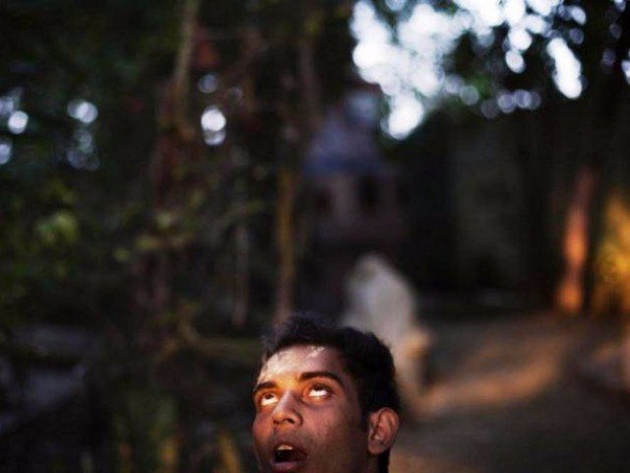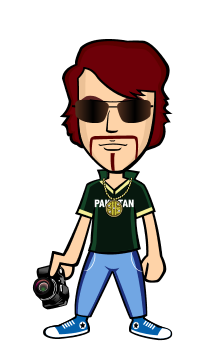
I’d like you to take a moment to imagine two people. Both follow the same religious scripture, with equal regularity yet one interprets the passages as peaceful instructions on life, while the other sees them as commands to violently confront anyone who disagrees with certain worldviews.
The disparity is drastic. They read the same words, yet the comprehension is as different as a chalk or cheese.
When we speak of the religious extremism that plagues the world and its driving factors we rightly mention political unrest, education, socioeconomic backgrounds, violent text, the mullah culture, and more, but what we fail to talk about is mental health.
How do two people of similar backgrounds with similar personalities respond to these factors so differently? And why is a small, yet significant percentage of the human population more susceptible than the vast majority?
Does a mentally healthy person suddenly murder the man he was supposed to be guarding, as did Mumtaz Qadri when he shot Salman Taseer over religious grievances?
Were the students who studied at one of Karachi’s top universities and took part in terrorist activities, including the murder of activist Sabeen Mahmud, mentally sound?
Is the father who takes his family from a perfectly safe environment in a Western nation to murder, rape, and behead others for ISIS in Syria okay in the head?
When mass shooters are usually analysed in American media, they are labelled as mentally ill lone wolves. This much is true. An examination of their backgrounds usually reveals a history of red flags. But why is the mental state of religious extremists not considered a factor?
I am not saying the tube light doesn’t flash randomly in the darkness, acting as a beacon for the crazy moths, but why is it more intoxicating for some?
What I find curious is our belief that religion is a cure for mental health issues.
On the Facebook page ‘Question Updates’, someone with depression, anxiety, suicidal (or likely secretly homicidal thoughts), usually posts a query a week, asking how to resolve such deeply troubling feelings in an effective manner.
The answers from the masses usually include, “read the Holy Quran,” or “pray to Allah,” or “perform Salah”. Many even go as far as to badmouth mental health professionals such as psychologists, psychiatrists, and humanistic counsellors, with claims that religious scripture is the only answer.



